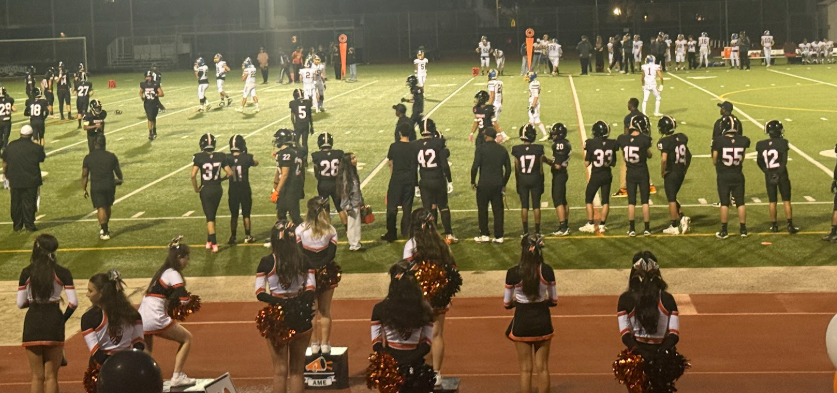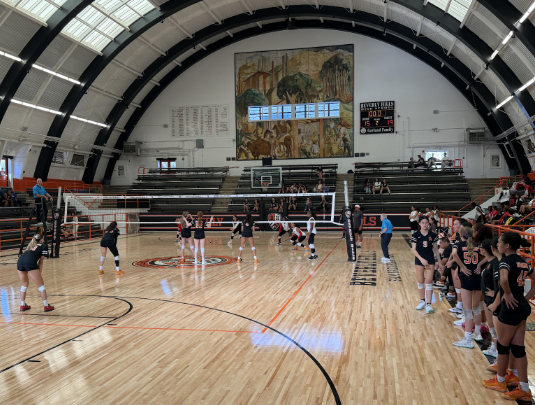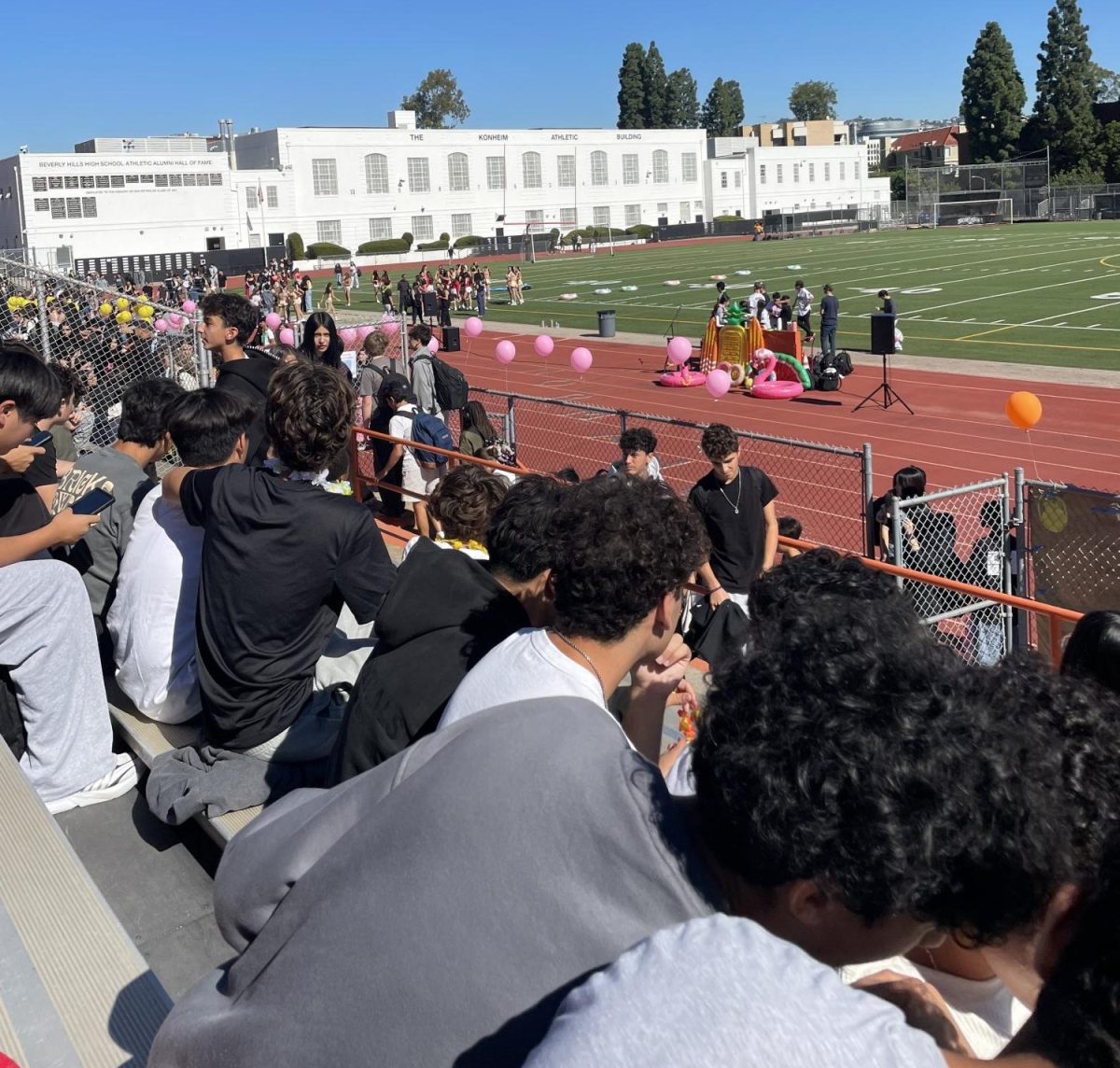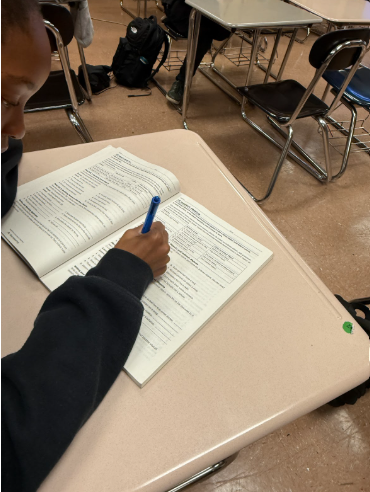Ben Dahan staff writer
https://youtu.be/w3T5yVBz5j4
Students around the country can be arbitrarily subjected to arrest for simply behaving inappropriately, something that all adolescents do at one time or another.
This reached media infamy last October when a South Carolina student was ripped from her desk and violently arrested by her school resource officer.
The girl was being arrested for disturbing her class: refusing to put her phone away and leave class to be disciplined. Niya Kenny, now 19, was the only person to protest the excessive use of force at the time despite the silence of her teacher, administrator and classmates. She was also arrested for disrupting school.
Though in the year since the officer was fired and Kenny has teamed up with the American Civil Liberties Union to file a lawsuit claiming the law unconstitutional, the underlying problem remains.
A similarly brutal outbreak can happen again just as easily. Even if violence is not used, in 22 states teenagers are still subjected arrest and an unerasable mark on their record and psyche, simply for being teenagers.
The South Carolina law that led to this states that it is illegal to “interfere with or to disturb in any way or in any place the students or teachers” and “to act in an obnoxious manner.” Similar catch-all laws ban “boisterous” (South Dakota) and “annoying behavior” (Arkansas). These laws are effectively outlawing the essence of adolescence.
It would be hard to find a classroom in this, or any, district that those infractions do not apply to. Kids will be kids. They test the patience of their peers and teachers, they try to be funny, impress their friends, have fun. That is only natural.
Yes, it’s disruptive. But is deploying draconian measures to punish them for doing something that is part of their nature justice? Absolutely not.
On Nov 28, 2016, the Department of Justice filed a statement of interest in the ACLU’s suit, saying the decision was “guided in part by the recognition that student behavior is often a natural outgrowth of children’s diminished maturity and their lack of ‘experience, perspective, and judgment to recognize and avoid choices that could be detrimental to them.’”
The law and those like it are purposefully vague, to give school administrators and law enforcement discretion to punish students at will.
According to the Atlantic, data suggests that there at least 10,000 charges of disrupting school against juvenile students each year nationwide.
Children of all ages have been hauled off in handcuffs for burping, spraying perfume, doodling on a desk, and a messy, unpleasant breakup. These are all cause for school discipline: a stern talking to, perhaps detention. Not arrest.
“The United States has made clear that school-based law enforcement officers should take law enforcement actions, such as arresting students, only for serious criminal conduct or when necessary to protect students and staff from a threat of immediate harm,” the DOJ statement read.
This discretionary power of the police often has discriminatory effects. The ACLU has found that African-American children in South Carolina are four times as likely as white students to be charged under this law.
Fortunately, California is not one of the many states where that these sorts of laws are in effect. In fact, it is on the opposite side of the spectrum. In 2014, Governor Jerry Brown signed a bill prohibiting the use of “willful defiance” as a reason for expulsion.
However, just because we are exempted from this criminalization of adolescence, does not mean we should turn our backs on the students who face this injustice across the nation. We should join in the fight to allow for mistakes and the maturity process, use appropriate discipline and protect adolescence.
Categories:
Students punished for adolescence
December 2, 2016
0
Donate to Highlights
$125
$1000
Contributed
Our Goal
Your donation will support the student journalists of Beverly Hills High School. Your contribution will allow us to purchase equipment and cover our annual website hosting costs.
More to Discover






























